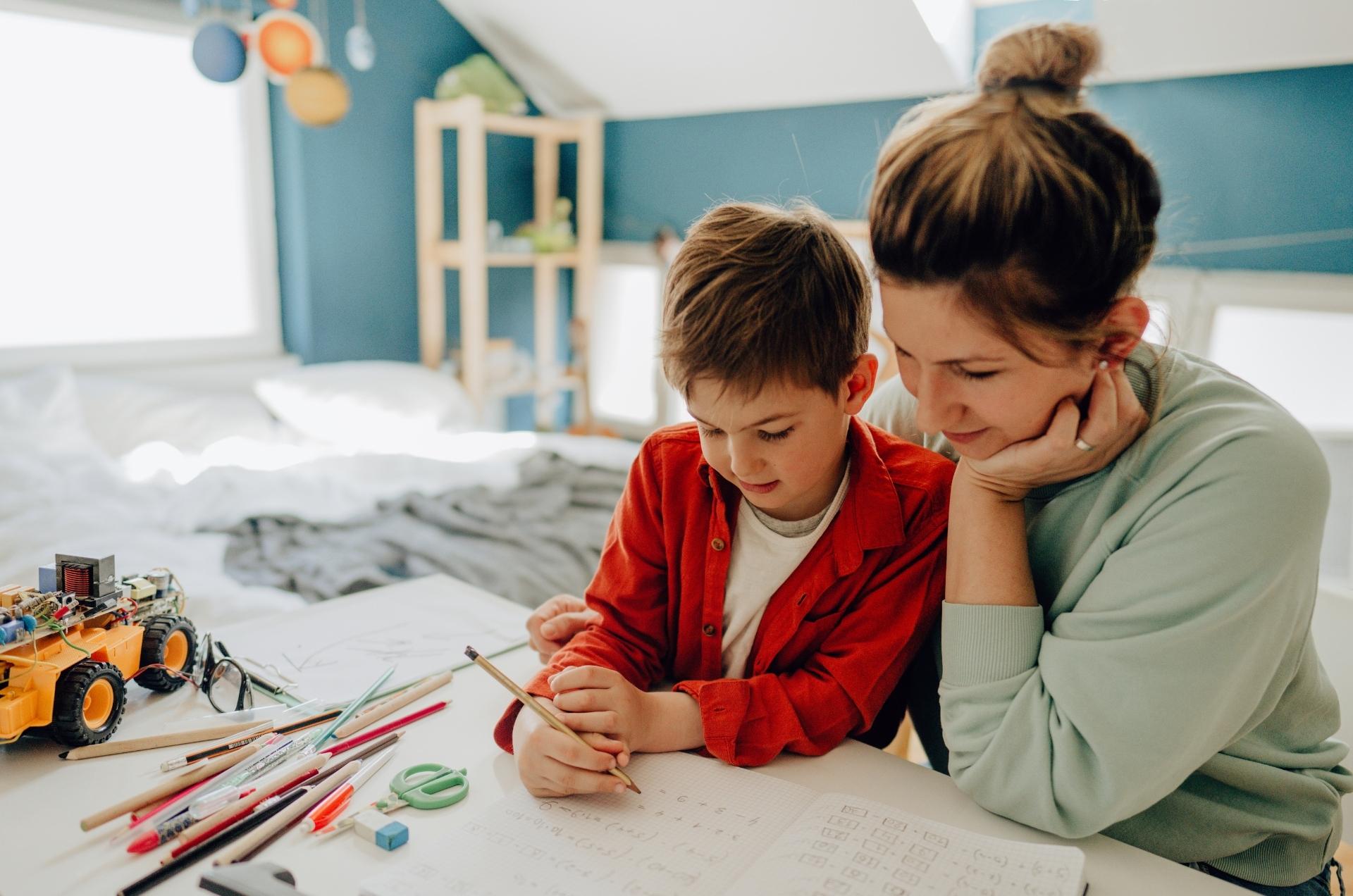Public School
Public schools are government establishments that offer free local education and serve as the foundation for kindergarten, primary, and secondary education in the United States. They concentrate on the fundamentals of general education and are overseen by the state board or department of education. All children can attend public schools, commonly referred to as state schools, because they are nearby and reasonably priced institutions. Below is a thorough analysis of public schools’ educational issues and recommendations that should be put into practice in the field of education.
Edu-related Issues and Its Solution
Nothing standardized
The government’s goal of educating every child may not be achieved by a state school. They are deficient in terms of responsibility, competence, infrastructure, assessment, etc. It might be challenging for teachers to provide each kid their individual attention when there are fewer teachers needed than there are students in the classroom. These schools teach English, maths, history, science, reading, writing, and physical education, among other disciplines, in a random manner. As a result, the majority of students choose private instruction to specialize in a particular area.
Solutions: Prior to the start of the school year, establish the rules for how the curriculum will be prepared, hire and train instructors, and secure government funding.
One-way Teaching Methodology
The needs of every student might not always be satisfied to the same degree by the institutions. It is disheartening for the teachers that the school lacks a child-friendly and child-centred environment.
Solutions: Include a portion with questions and answers, practical exercises, interactive techniques, etc. Innovative teaching techniques including narrative games, painting, and dance can engage students in their lessons.
Poor academic record
The pupils will undoubtedly learn little and the passing rate will fall if schools continue to use an antiquated and obsolete exam schedule. Poor academic performance will result from this. Children often have an easy time grasping new ideas and reproduce things exactly as they see and understand them.
Solution: Implement the most recent teaching and learning standards each year. Give some students access to additional classes or faculties as needed.
Insufficient Extracurricular Activities
Because public schools only provide a few activities that might not be up to par, many children switch to specialised private lessons after school. Games, artwork, music, dancing, speeches, science fair projects, gatherings, and workshops are examples of extracurricular activities. Students’ self-esteem, confidence, and skill development will all benefit from these extracurricular activities.
Solution: Include extracurricular activities in the weekly schedule .
Private school
Privately owned schools are independent establishments created to give parents a school for their kids. These schools may be run by associations of parents, educators, business people, or any other individuals who are not associated with the government or initiatives supported by the government.
They are also run separately from the public education system of the government. As a result, private schools are free to choose their own special teaching methods and rules that students must abide by while attending. Primary, secondary, elementary, middle, and high schools are only a few of the institutions that offer private education. Privately operated schools sometimes serve educational or religious groups that desire to create their own curricula for students.
Why It is better from public schooling
They Provide a Wider Range of Classes
When it comes to class options, private schools have more choices. A setting that promotes individual learning is always better for learning. Through the variety of their courses and teaching methods, private schools define, in part, that special environment.
Independent schools may customize their program, whereas public schools are required to follow a curriculum that complies with state educational standards. This includes the courses they provide and the duration of the school day based on the requirements of their students. This category of courses includes ones that teach music and art appreciation.
They Possess Better Resources and Tools
Public schools lack the facilities and technology that privately owned schools do. They have extensive playgrounds, contemporary libraries, art studios, labs, auditoriums, and swimming pools.
Unlike their rival, the ones that are supported by the government. Private schools have better-maintained classrooms that are well-equipped with computers, projectors, whiteboards, and air conditioning.
They Have Trained, Experienced Educators in Their Subjects
Teachers with academic backgrounds and track records are hired and trained by private schools. These engaged professionals keep innovating and advancing their fields. They also serve as your mentors and counsellors for a prosperous future.
They can therefore impart a full education. They also enable teachers to spend more time with kids one on one.
In contrast to public schools, private schools place a greater emphasis on academic subject drills and practical skills.
Drills and topic mastery are prioritized in private institutions. Most private institutions have loosened the strict regulations of public schools in big cities so that you can unwind and concentrate on your studies. Many have small courses, which provide professors more freedom in how they present the content.
Private schools have access to specialized curricula and practical instruction. This is because whereas public schools must balance the two ends of the spectrum—promoting excellent behavior and a positive attitude toward learning—private schools can concentrate entirely on successful techniques of information transfer.
Private schools concentrate on one subject at a time and drill you with exercises, while public schools cover broad notions of fundamental abilities.
Homeschooling
The method of teaching your kids at home is called homeschooling. Unlike public education, which has a specific building set aside for teaching a variety of children.
Homeschooling has been commonplace for millennia, despite popular opinion. Back in the days of the colonies, it was the custom.
Students were instructed at that time by the combined efforts of parents, elder siblings, and occasionally a hired tutor.
And if history is any indication, homeschooling was a successful educational method! However, after a few centuries, organisations started offering the same service in one-teacher school settings. This led to the development of formal education, which turned out to be a successful system.
Statistics
- There are currently about 3.7 million kids who are homeschooled, according to the National Home Education Research Institute. Most homeschoolers are from the United States, Canada, the United Kingdom, New Zealand, and Australia.
- Over the past few years, homeschooling has grown steadily, averaging 2–8% yearly growth. Although the number of homeschoolers significantly grew from 1.9 million in 2019 to almost 3.1 million in fall 2020 due to the coronavirus outbreak. This may be attributed to several US schools closing, which restricted the continuation of public education.
- Homeschoolers outperform public school kids on the Standardised Academic Achievement Tests by 15 to 30 percent, according to Brian D. Ray’s studies on the subject.
- Compared to students in regular schools, homeschoolers participate more actively in extracurricular activities. According to research, people engage in 5.2 activities on average, including leadership and community service.
- There are no longer any racial discrepancies between homeschooling and public schools. No matter their race, statistics show that homeschooled children perform on reading tests on average at an 85% level. demonstrating the benefits of homeschooling over public education, especially for minority groups.
Why Homeschooling is better than private school
The debate between private schools and homeschooling doesn’t have to involve education. Whether homeschooling is superior to private school depends on a variety of circumstances that are unique to each family, including:
- family’s dedication to a child’s at-home education.
- Any unique requirements of a student Financial limitations of the family.
- family’s time constraints (jobs, etc.)
- The desire of a youngster to learn at home.
Learning at Home
Every child in a homeschool setting receives individualized instruction from you or another teacher via the internet or a DVD. You can choose the pace at which to continue your child’s education because you are in charge of their timetable. For instance, you might modify your child’s daily schedule to suit his needs if he excels in maths but struggles more with reading. Additionally, you can select the time period to accommodate the 180 days of education that are required. To finish before typical school ends for summer vacation, for instance, you can elect to take a shorter Christmas break and no spring break.
You can also schedule how much of the program you’ll finish in a given year.
Does homeschooling cost less than private education?
Private schools can be an expensive option for education. Many believe homeschooling to be more affordable than private education. However, home education can also be expensive when taking into account:
- Costs of curriculum.
- Home-based programme lessons and online homeschooling program.
- Homeschooling materials.
- Activities outside of the classroom for your student.
- Possibly losing one parent’s income (to stay home and home school)
Conclusion
Homeschooling is becoming more and more common; what was considered weird a few years ago is now accepted practice. In order to obtain better results, more and more families are keeping their kids home to prevent bullying at school. Whether homeschooling is worse or better than traditional educational institutions is something that each individual should decide for themselves, but it is obvious that modern people look for alternative methods of learning because traditional educational institutions are unable to keep up with our society’s rapid development.
The benefits of homeschooling provide both kids and parents throughout the world a lot of chances. Homeschoolers actively learn how to learn, which is a unique and priceless skill, while students in public education systems learn to memorise. By transforming dull tasks into challenges and failures into learning opportunities, the homeschooled education system adopts meaningful learning. Therefore, homeschooling offers more opportunities for learning than public schools.











